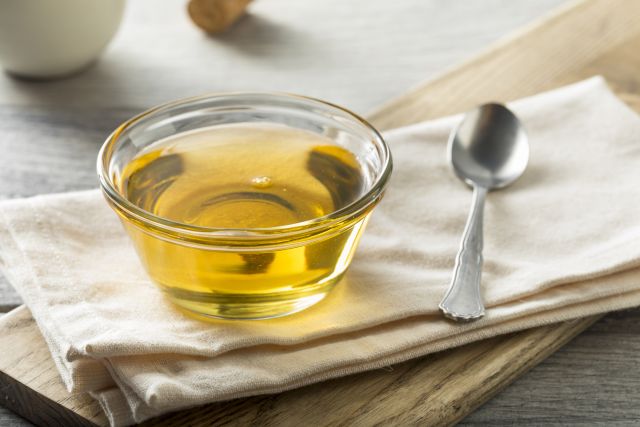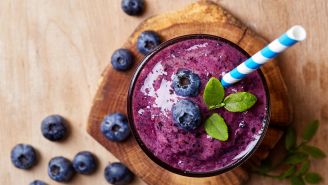Updated on September 7, 2023.
It seems like every few years, a new sweetener emerges to challenge sugar’s supremacy. Some products allege they’re sweeter than the old-fashioned stuff, while others profess to have fewer calories and less chance of boosting blood sugar levels. Many claim to do all of the above.
But what about agave syrup? Found in cookies, ice cream, candy, granola, and even salsa and spaghetti sauce, is it healthful, just hype, or actually risky?
Agave 101
In a nutshell, agave is liquid sweetener made from the sweet sap (aguamiel, or “honey water”) of the agave plant, a desert succulent found predominantly in Mexico. One of the agave plants used for syrup, blue agave, is the same one used to make tequila.
Makers of agave syrup (also known as nectar) claim that it saves calories, keeps blood sugar low, and is just plain better for you than conventional sweeteners because it's "natural" and sometimes "organic."
Caloric content of agave syrup
Agave manufacturers assert that it’s lower in calories than table sugar and high-fructose corn syrup (HFCS). In fact, because agave syrup is sweeter than conventional sweeteners, like honey and refined sugar, you may need less in your morning coffee or favorite muffin recipe to get the same level of sweetness. But at approximately 60 calories per tablespoon, it has more calories than granulated sugar, which contains roughly 45 calories.
Is agave a more healthful sweetener?
Fructose is a naturally occurring, super-sweet type of sugar. Between 70 to 90 percent of the sugar in agave syrup is fructose. Compare that to about 50 percent in refined sugar and HFCS.
Due to its high fructose content, agave is low on the glycemic index (GI). That means it doesn’t increase short-term blood sugar or insulin, unlike other popular sweeteners such as glucose and sucrose. For this reason, agave is frequently sold as a healthy alternative to those substances.
That said, fructose is still a type of sugar, and can affect your health much like any other sugar. Getting too much in your diet contributes to surplus calorie intake and weight gain. It can also increase the risk of numerous health conditions, including heart disease, cognitive issues, and some cancers.
What’s more, if you have irritable bowel syndrome (IBS), fructose may worsen the bloating, pain, and diarrhea that accompany this digestive disorder. And, though relatively uncommon, another condition called hereditary fructose intolerance (HFI) makes it difficult or impossible to absorb the substance into the bloodstream.
Is agave really “all-natural”?
It all depends on how you define “natural.” The agave syrup sold at your grocery store is a processed sweetener made from the plant's sap. Various evaporation techniques, enzyme reactions, and filtering methods are used to remove strong odors and flavors. Still, no colors or artificial flavors are added. That's why the U.S. Food and Drug Administration allows it to be labeled "natural."
Agave can be good for cooking
Some cooks say using it in baked goods can be a little tricky, depending on what you want to use it for. It can be a substitute for high-fructose corn syrup with few or no changes needed. However, using it as a substitute for solid sweeteners like granulated or brown sugar can be trickier.
Ania Catalano, the author of Baking with Agave Nectar, suggests making a few adjustments when baking with agave:
- Use one-fourth less agave syrup than the amount of sugar a recipe calls for.
- Cut other liquids by 20 percent.
- Reduce oven temperature by 50 degrees.
Mixologists say agave syrup dissolves easily in cold drinks, making it a good choice in sweet cocktails and a convenient substitute for simple syrup. That's why it often winds up margaritas.
The bottom line
Despite the hype, agave syrup is sugar, and it carries many of the same potential risks to your health. If you’re interested in using it for its unique flavor or ability to dissolve in cold liquids, do so in moderation—and not because it’s any better for you than other sweeteners.







